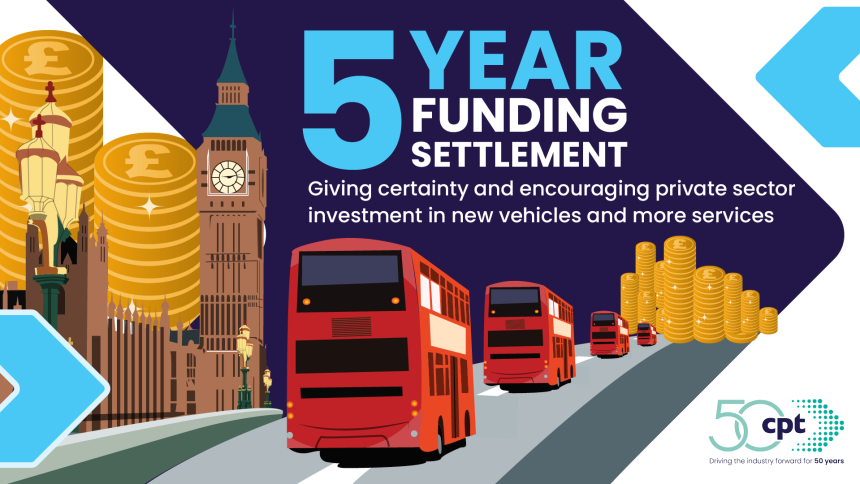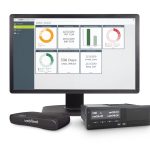As the UK braces for the upcoming general election, the Confederation of Passenger Transport (CPT) has launched two manifestos at its annual conference in London, addressing pivotal issues in the coach and bus sectors.
Both manifestos were launched at the afternoon session of In conversation: Our priorities for the next UK government hosted by CPT Policy Manager Alison Edwards and CPT Chairman and Go-Ahead Managing Director UK Regional Bus Division Martin Dean.
Driving Britain Forward outlines a six-point plan for buses, focusing on a multi-year funding settlement and national strategy to encourage modal shift, a commitment to zero-emission bus travel by 2035, affordable fares, improving bus speeds, defining and supporting essential bus services, and developing a robust workforce strategy.
Simultaneously, Access All Areas positions the coach industry as a crucial player in the UK’s transport landscape and acknowledges a need for flexibility for it to thrive. It calls for a comprehensive net-zero strategy tailored for coaches, the inclusion of coach services in local transport plans, simplification of legislation for accessible travel, acknowledging coaches’ role in reducing urban air pollution, and an industry-led workforce strategy.
The manifestos are the culmination of research commissioned by CPT as well as insights by its members and from engagement with politicians and stakeholders. CPT acknowledges that the next government is in a difficult position in relating to public spending and so prioritises “better value” rather than calls for increased funding. More details about the priorities will be released in the coming months.
As part of the session, Mr Dean discussed what operators can do to help campaign on both a local and national level. That includes talking with local politicians about the role of coach and bus in society, but ensuring that coach and bus is not discussed in isolation and is put within the context of wider debates, such as how coach and bus relates to issues such as transport to NHS hospitals, and how value for money fares can ease cost-of-living concerns.
He encourages independents to think about the benefits that they bring to constituencies in terms of tangible outcomes such as employment and in the environment, and to ask MPs to advocate for coach and bus using public affairs activities. “The more government hear from MPs, the more engaged they will become and realise this is an issue people care about,” he adds.
Mr Dean summarised by noting that CPT’s manifestos have been designed to work within any regulatory framework as set out by the potential election winners.
“Apart from the 2024 General Election, it’s an interesting time ahead, with funding that could conceivably find its way to our sector through BSIPs, local integrated transport settlements, city regional sustainable transport settlements at levels not really seen before,” he adds. “But the key point is that we will be competing with other modes for some of that funding.
“In an election year, when talking to local politicians, it is important to understand that we’re competing for that funding, and that we show how important it is that we receive it. I look forward to us working together in the next year to ensure coaches and buses have a bright future.”



























